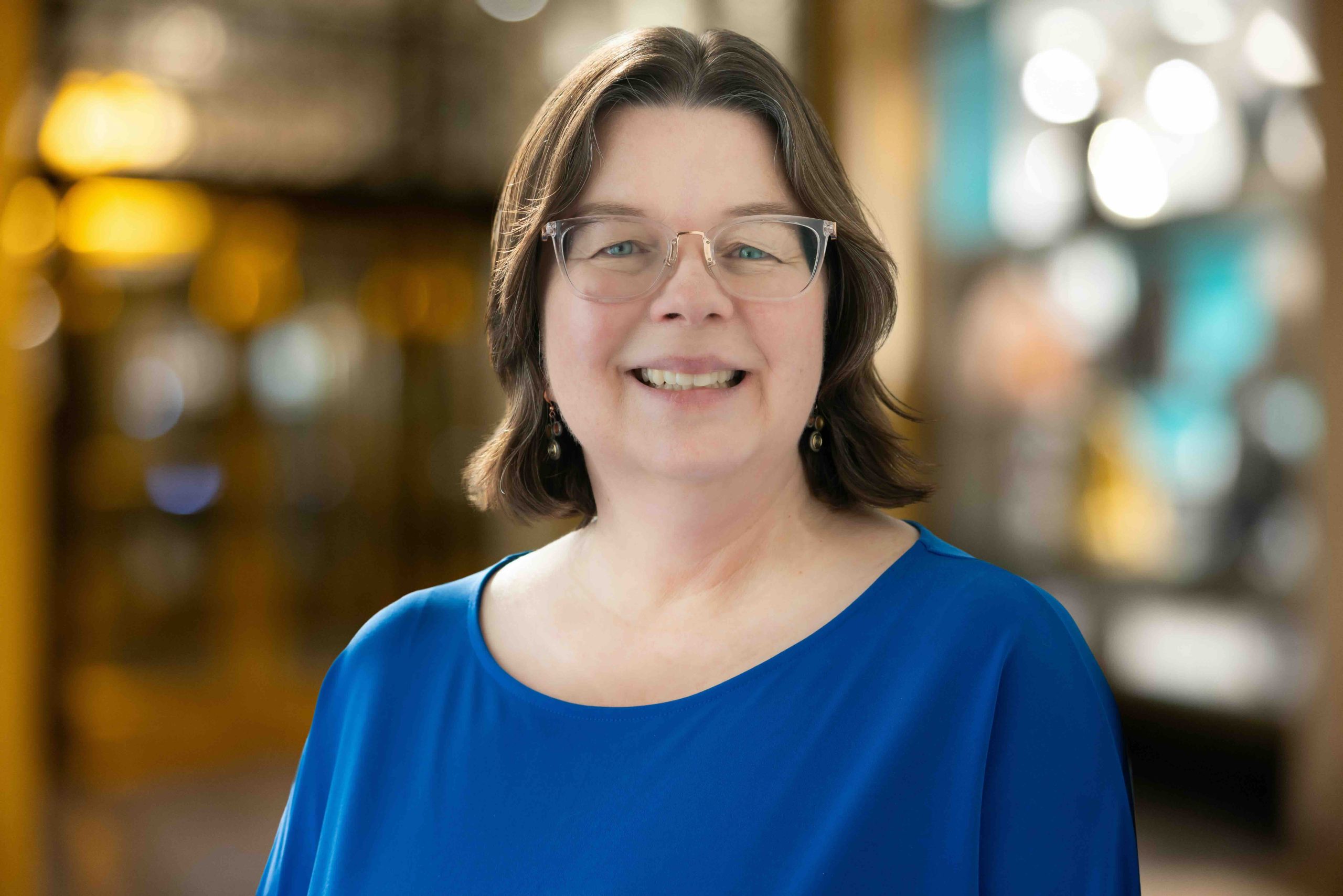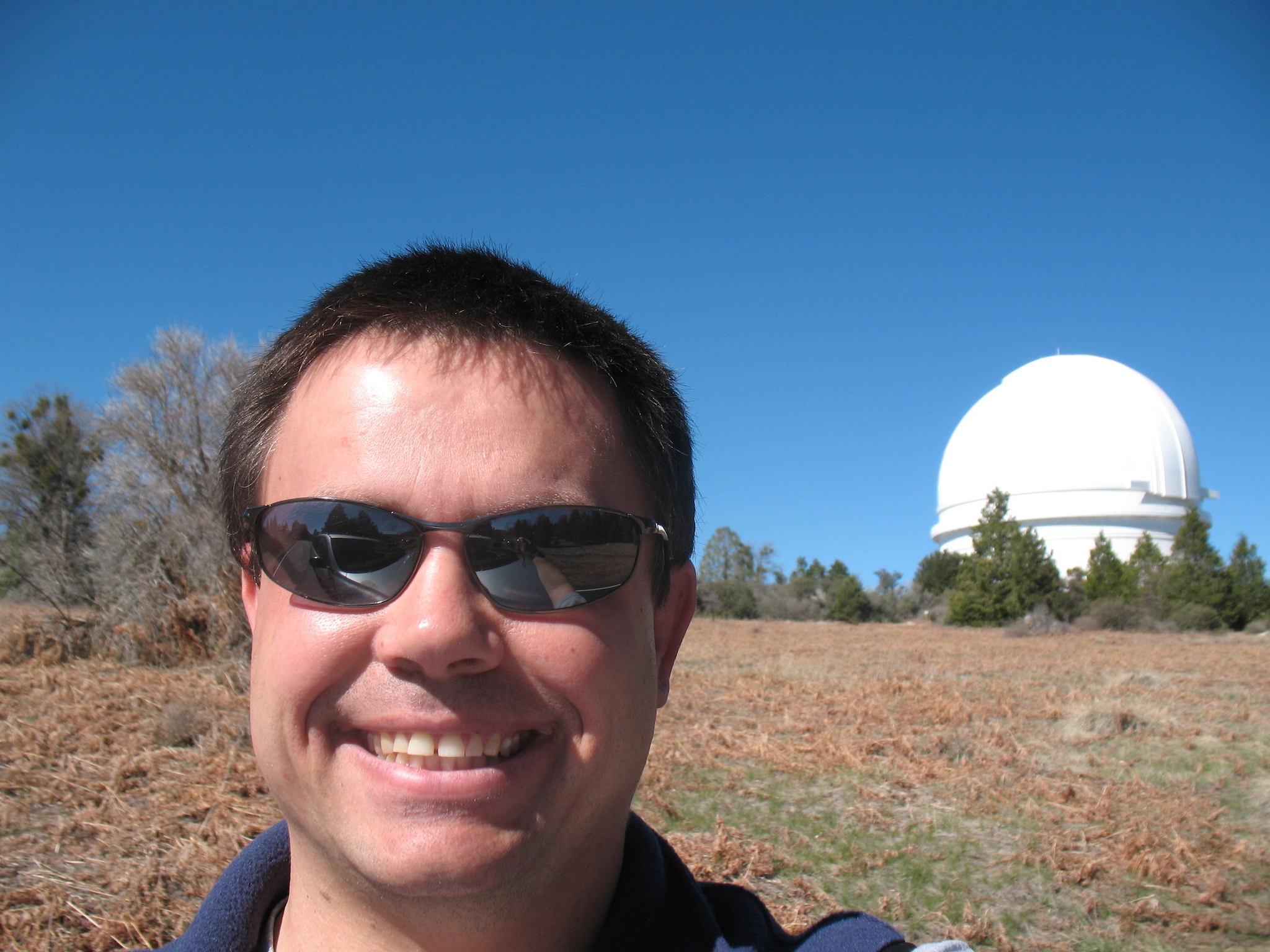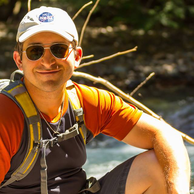Speakers

Keynote: Michelle B. Larson, PhD
“Eyes to the Skies: My journey as an accidental astronomer”
I first became accustomed to looking up after moving to Alaska at age 10. There the northern lights frequently danced in the cold, dark winter skies and you could count on the radio DJ to announce when to step outside to see the show. My understanding that this was a stellar-induced event, or that there even was a vast Universe to discover, did not come until much later – a decade later. In this talk we’ll explore my journey as an accidental astronomer and how the many mysteries of the Universe serendipitously shaped an exciting life and career.
BIOGRAPHY:
Dr. Michelle Larson is the 19th president of Clarkson University, serving in the role since 2025. A physicist and amateur astronomer, Michelle vividly remembers the first time she was curious about something not-yet-understood (by anyone!) and the thrill of chasing new understanding that followed. She’s made it her life’s work to help others feel that way too. Prior to Clarkson University, for 12 years Michelle was the President and CEO of the Adler Planetarium in Chicago. Earlier in her career, while at the Center for Gravitational Wave Physics at Penn State, she was a member of the Central Pennsylvania Observers in State College. Michelle earned her bachelors, masters and PhD degrees in physics from Montana State University, where her passion was sparked for progress in service of society.

Shane L. Larson
The Dark Side of the Universe: Dark matter and dark energy in the galaxy and Cosmos

Dave Farina
Visual Astrophotography: Bridging the Gap Between Eyepiece and Imaging
There’s a moment every stargazer knows—the quiet stillness under a dark sky, the chill in the air, the sweep of the Milky Way above. You lean into the eyepiece, and for a breathless instant, it feels like the universe is yours alone.
Astrophotography has given us incredible new ways to capture that beauty. Over the past decade, cameras have grown more sensitive, computers smaller and faster, and apps more powerful than we ever imagined. The cosmos has never been easier to record. Yet with every breathtaking image, many of us have longed for something deeper: that simple, human experience of seeing the night sky in real time, with our own eyes.
That’s why Pegasus Astro’s SmartEye, powered by SkySafari, is so exciting. It introduces what I call “Visual Astrophotography”—a way to merge the immediacy of live observing with the clarity and reach of modern imaging. It’s not about replacing the eyepiece or the camera; it’s about uniting them. And the best part? You can use it with almost any telescope capable of tracking the heavens.
This is more than just technology—it’s a way to fall in love with the night sky all over again.
Biography :
I’m Dave Farina—astronomy educator, explorer, and storyteller. I’ve taught astronomy, run a planetarium, and shared the night sky as a NASA/JPL Solar System Ambassador.
In 2020, I created Cosmos Safari to bring science, nature, and the universe to life through photography, video, and adventure. By day, I capture landscapes and wildlife. By night, I chase the cosmos in the darkest skies.